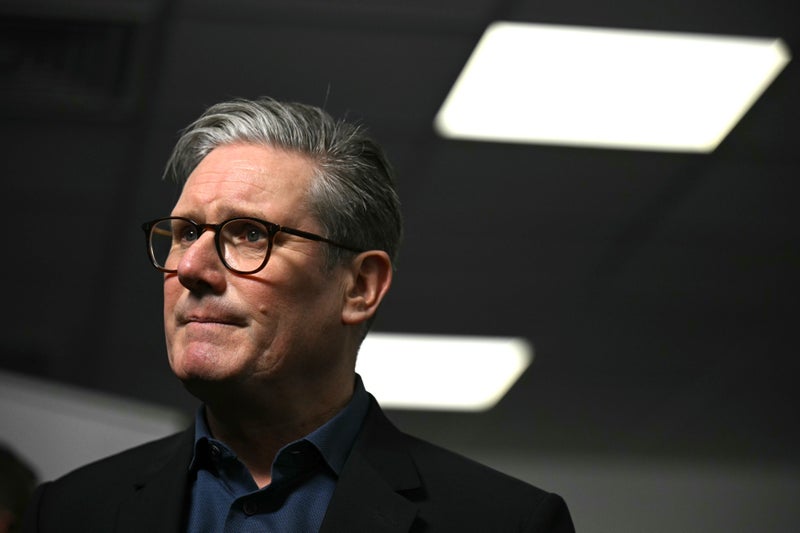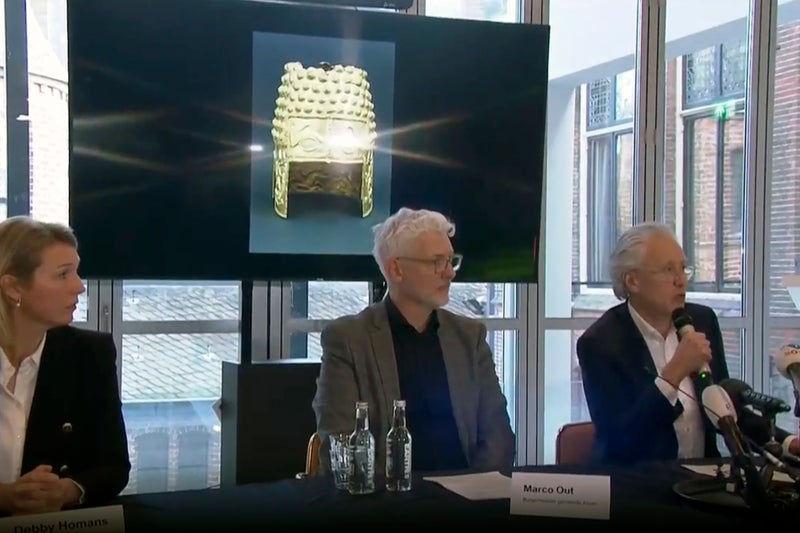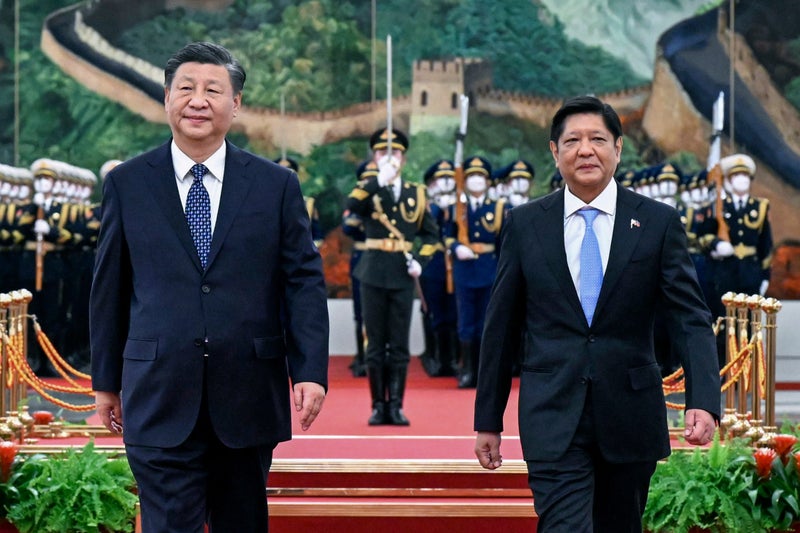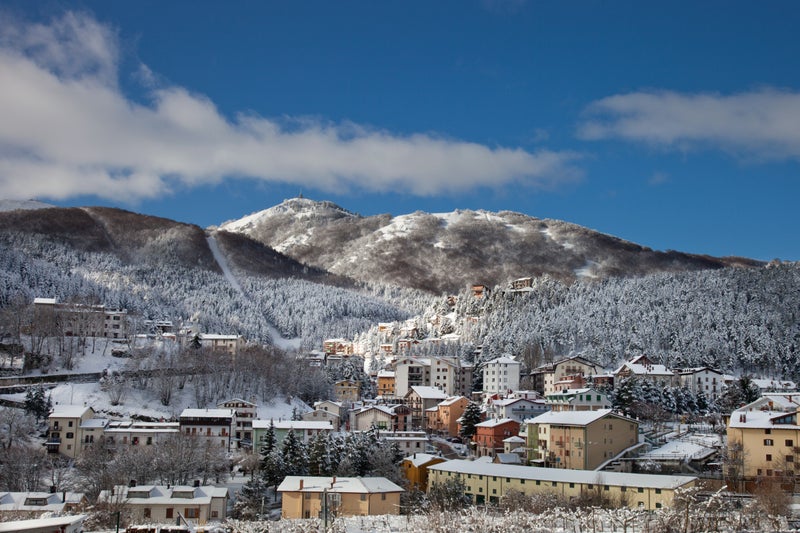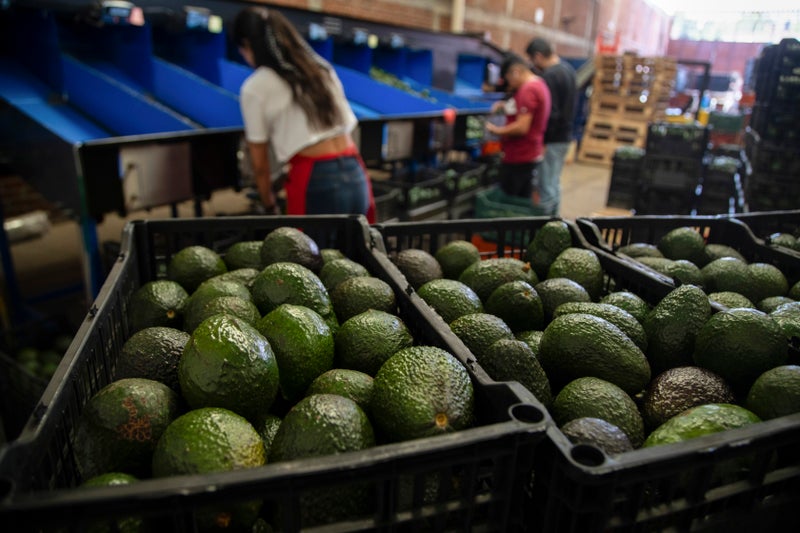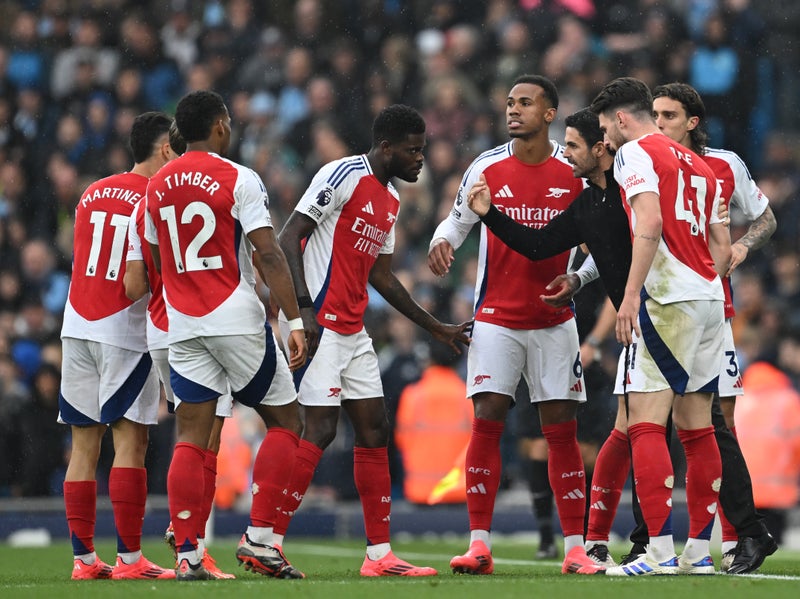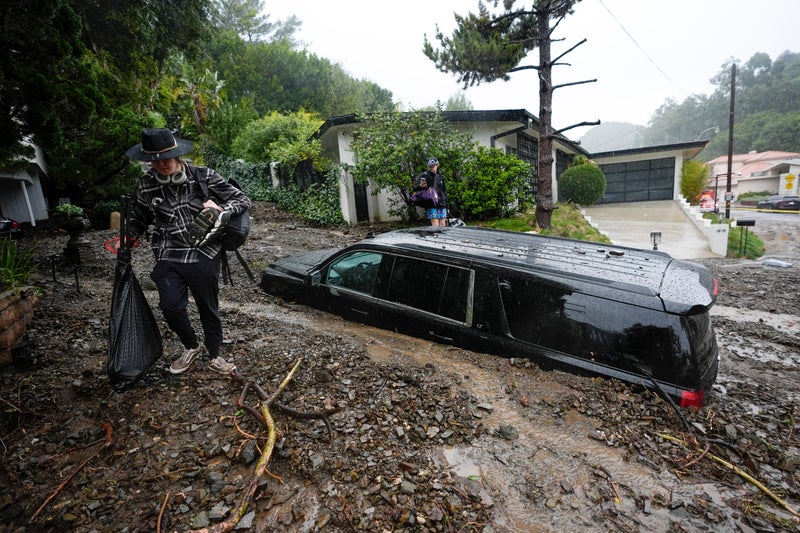Margaret Thatcher died on 8 April 2013. But the UK's longest-serving post-war prime minister still casts a long shadow over politics today, more than a decade later. Only last week the Labour Prime Minister Sir Keir Starmer cited her example in support of his deregulation plans. "In the 1980s, the Thatcher government deregulated finance capital…," he wrote in The Times, "This is our equivalent.". No British woman leader other than Elizabeth I has been the subject of so many plays and films, or impersonated by so many actors.
The Iron Lady has been played by Meryl Streep, Gillian Anderson, Lindsay Duncan and Andrea Riseborough, among others. Harriet Walter takes the lead in the latest Channel 4 drama Brian and Maggie, which recreates a TV interview in which the real Thatcher confirmed to journalist Brian Walden that she did not believe in "equality". A year of anniversaries. This is a big year for admirers - and detractors - of Thatcher.
Conservatives pledge to tighten immigration rules in Reform fightback. Reform UK tops landmark poll for first time. Nigel Farage compares Reform polling with Donald Trump election victory. This October marks 100 years since her birth in Grantham, Lincolnshire, the daughter of a grocer. The Westminster thinktank Policy Exchange is launching The Thatcher Centenary Project. This week it held its inaugural meeting marking an equally important Thatcher anniversary: 50 years since she became the leader of the Conservative Party.
On 5 February 1979, Thatcher scored a surprise victory over the incumbent Ted Heath in the first round of the Conservative leadership election, winning the votes of 130 MPs to Heath's 119. Sir Hugh Fraser MP, husband of the glamorous author Lady Antonia Fraser, also ran, garnering 16 votes. Heath was out. He had been elected prime minister in 1970 and took the UK into the European Community, but after an economically damaging period of confrontation with trade unions, he was defeated in two general elections in 1974.
In the second round on 11 February 1975, she was elected leader of the opposition by a majority knock-out, 146 votes to 79 for Willie Whitelaw, 19 each for Jim Prior and Geoffrey Howe, and 11 for John Peyton. She became the first female leader of a major British political party. Four years later she beat Labour's Jim Callaghan in the general election to become Britain's first woman prime minister. She would go on to win two further elections, and be prime minister for 11 years, until she was forced out by her party in the autumn of 1990 - a fate she put down to "treachery".
'We need impact'. That was more than 30 years ago and does not explain why she is still such a potent icon today, both hated and revered. The explanation lies partly in the way in which her policies transformed Britain, partly in her political success and partly in the force of her character. As she wrote in a letter to her daughter Carol: "Brain power is not enough. We need personality and impact as well.".
I started to cover British politics from about 1983 and interviewed Mrs Thatcher quite often. She was great to talk to because she engaged, even with a young reporter, and seemed to enjoy being challenged while arguing her position with conviction. In her later years in Downing Street, she lost this openness and ability to respond to those who disagreed with her. Months before her downfall, I remember the cabinet minister Chris Patten complaining: "She'll have to go. She's stopped listening.".
In foreign affairs, her years in power included a military victory to retake the Falkland Islands, a genuinely special relationship with US president Ronald Reagan, detente with Mikhail Gorbachev as the Soviet Union imploded and an increasingly sceptical approach to membership of what became the European Union. At home, Sir Keir is still praising her for the "meaningful change" she made to Britain/he and Rachel Reeves are trying on her clothes as they try to emulate her efforts to "drag Britain out of its stupor by letting loose our natural entrepreneurialism".
This prime minister is now looking to the private sector to provide homes and build infrastructure. The milk snatcher. Thatcher's former speechwriter John O'Sullivan views her election as Tory leader as "the first big victory for radical Conservatism". She set about selling off council houses to create a "property-owning democracy" and began privatisation of many nationalised industries. There was a widescale deindustrialisation of Britain's traditional heavy industries and simultaneous deregulation which led to a boom in the services and financial sector.
She confronted trade union power and defeated the National Union of Mineworkers' strike. Unsurprisingly, she became a hate figure to many on the centre and left of British politics. At my children's primary school in the 1980s and '90s there was a playground rhyme about "Margaret Thatcher milk snatcher", a reference to the cancellation of free milk for school children during her time as Heath's education secretary.




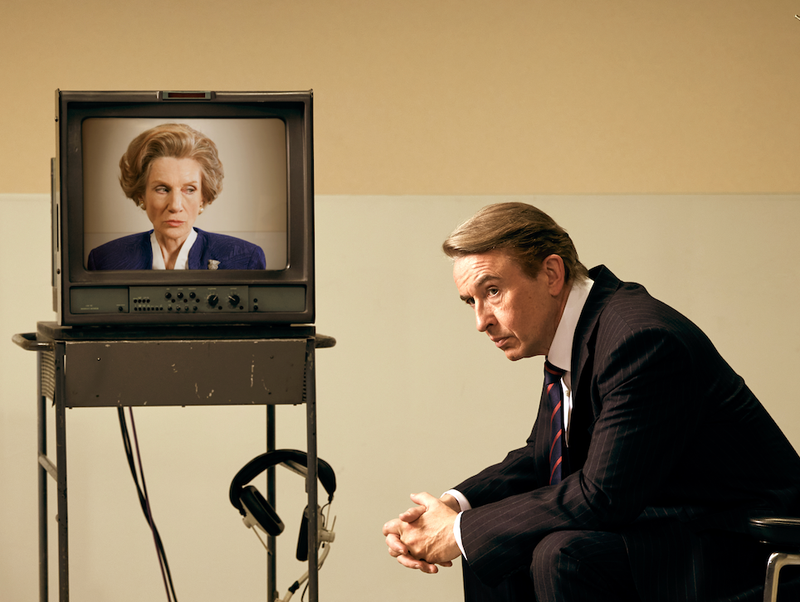
.jpeg?trim=63,0,64,0&quality=75&auto=webp&width=1000)
